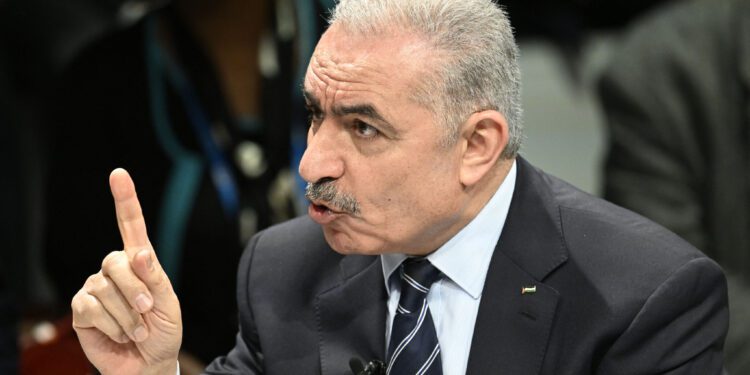In a bid to address the complex political landscape of the Middle East, Palestinian representatives are set to convene in Moscow for discussions aimed at fostering unity and charting a path forward for Gaza’s governance. Against the backdrop of ongoing conflict and humanitarian concerns, the international community watches with a vested interest in the outcome of these deliberations.
The invitation extended by Russia for Palestinian representatives to gather on February 26 underscores the importance of dialogue and cooperation in resolving the longstanding challenges facing the region. However, as preparations for the talks unfold, Western powers have voiced reservations regarding the potential involvement of Hamas in Gaza’s governance post-war.
While acknowledging the need for Palestinian unity, Western powers have emphasized the importance of adhering to certain principles and prerequisites in any future governance arrangement. Palestinian Authority Prime Minister, Mohammad Shtayyeh, has expressed readiness for engagement but has underscored the necessity for Hamas to meet specific criteria for inclusion.
Amidst these diplomatic maneuvers, France and the UK have articulated their stance on Hamas’s role, advocating for measures aimed at neutralizing its military capabilities and promoting stability in the region. However, reconciling these divergent perspectives poses a significant challenge, particularly in light of Hamas’s historical resistance to certain conditions set forth by the international community.
Against this backdrop, Hamas has articulated its aspirations for a technocratic government and the revitalization of Palestinian institutions, emphasizing the need for broader representation and inclusivity in governance structures. However, questions remain about the feasibility of integrating Hamas into broader Palestinian governance frameworks, given its complex history and divergent political objectives.
The involvement of various Arab states further complicates the situation, with differing views on the future trajectory of Hamas and its role in the region’s political landscape. While some advocate for reconciliation and dialogue, others emphasize the need for accountability and adherence to international norms.
Amidst these diplomatic complexities, Russia’s role as a mediator provides a platform for constructive dialogue and engagement among Palestinian representatives. However, achieving consensus and forging a path towards sustainable peace will require careful navigation of competing interests and ideologies.
As discussions unfold in Moscow, the international community remains hopeful for a breakthrough that will pave the way for a more stable and prosperous future for the people of Gaza and the broader region. The outcomes of these talks will undoubtedly shape the trajectory of the Israeli-Palestinian conflict and the prospects for lasting peace in the Middle East.
















